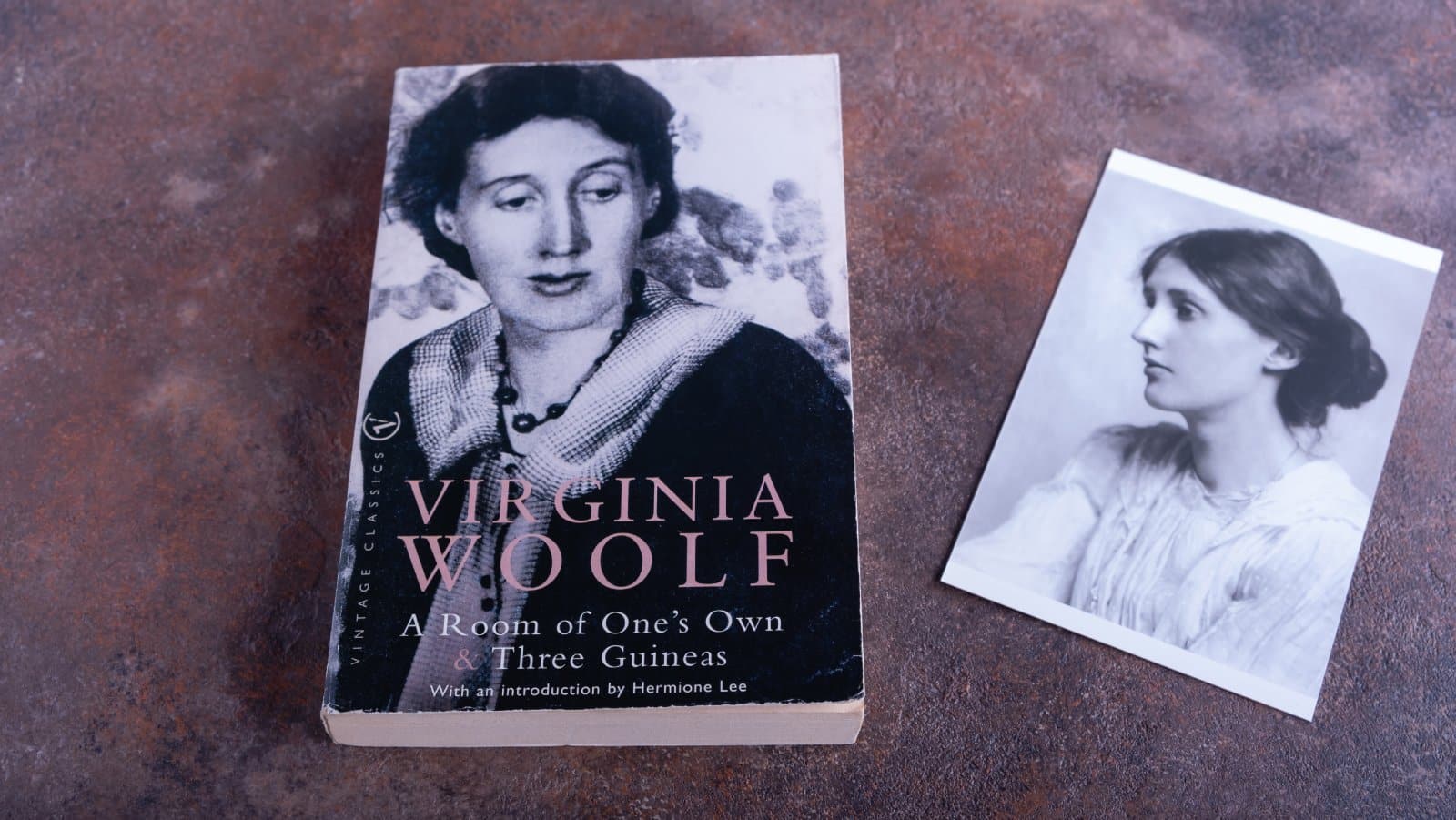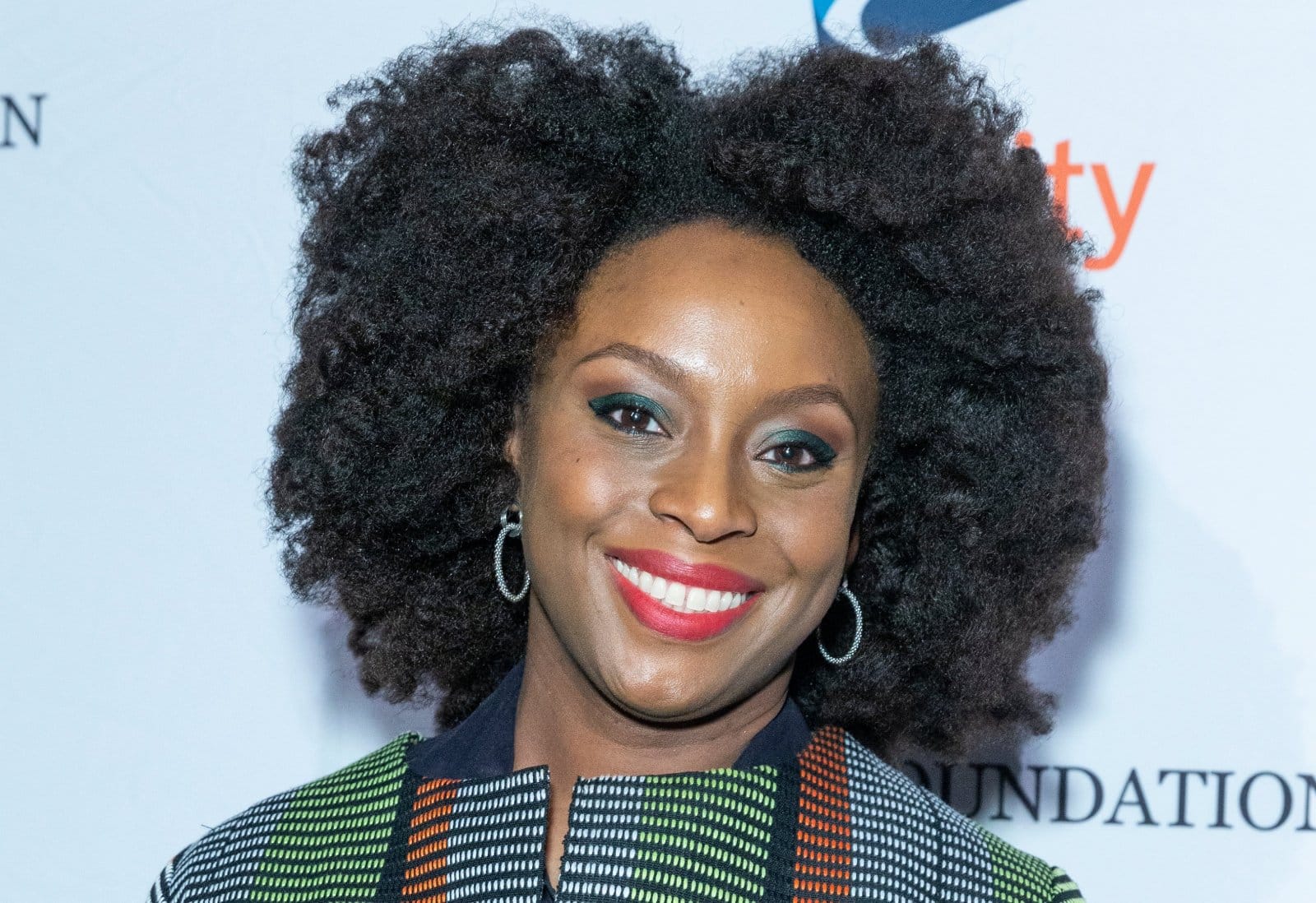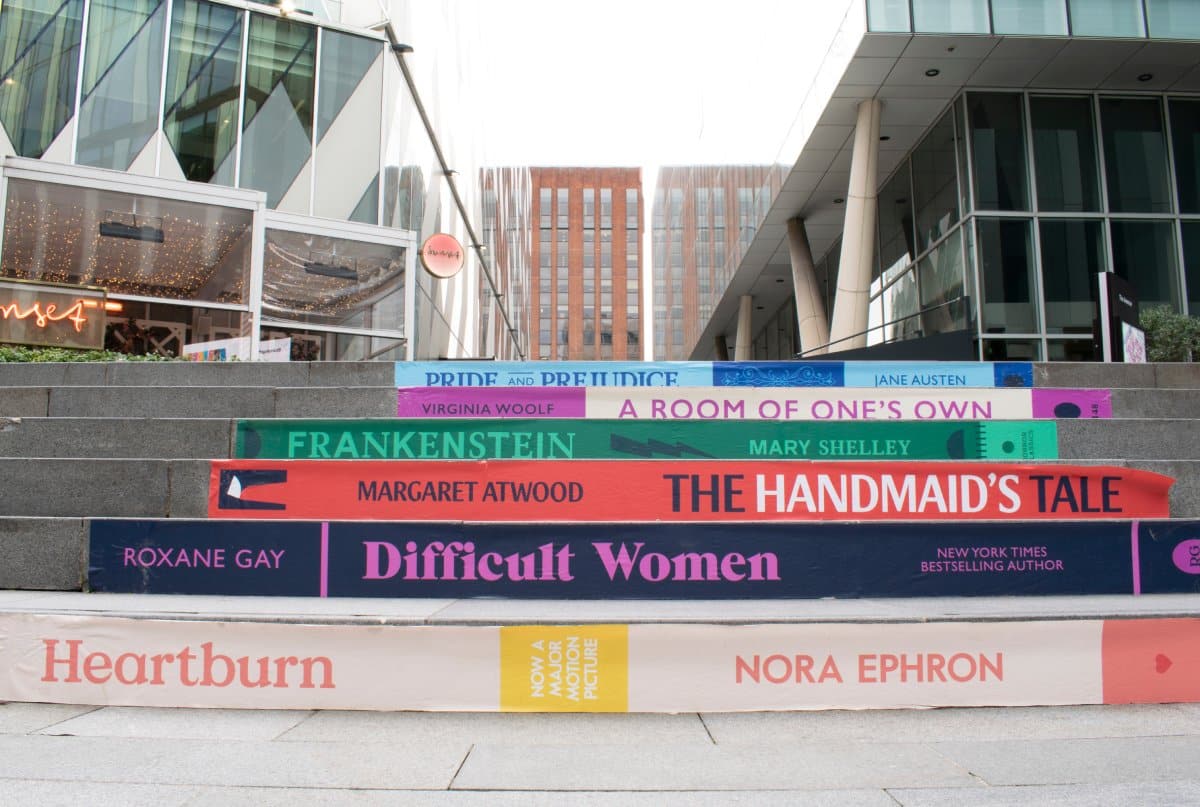Explore a curated selection of eight feminist books that have left an indelible mark on history. From foundational texts that ignited movements to contemporary reflections on gender politics, these works offer diverse perspectives on feminism and its evolution over time. Whether delving into the struggles of marginalized voices or challenging societal norms, these books provide invaluable insights into the ongoing quest for gender equality and empowerment.
#1. “Bad Feminist” by Roxane Gay

Published in 2014, Gay’s collection of essays offers a candid and insightful exploration of contemporary feminism. Through personal anecdotes and cultural commentary, she examines the complexities of feminist identity and the challenges of navigating modern gender politics.
#2. “The Feminine Mystique” by Betty Friedan

Published in 1963, Friedan’s book is credited with sparking the second wave of feminism in the United States. Critiquing the societal expectations placed on women and advocating for women’s rights and opportunities played a crucial role in igniting the feminist movement of the 1960s and 1970s.
#3. “The Color Purple” by Alice Walker

This Pulitzer Prize-winning novel, published in 1982, is celebrated for its portrayal of the struggles and resilience of African American women in the early 20th century South. Through its powerful narrative, Walker addresses themes of race, gender, and oppression, making it a landmark work in feminist literature.
#4. “A Room of One’s Own” by Virginia Woolf

Originally published in 1929 as an extended essay, Woolf’s book is a feminist classic that examines the challenges faced by women writers throughout history. By advocating for women’s economic independence and creative freedom, Woolf made a lasting contribution to feminist literary criticism.
#5. “The Beauty Myth” by Naomi Wolf

Published in 1990, Wolf’s book explores the societal pressures and expectations surrounding women’s physical appearance. By exposing the ways in which beauty standards are used to control and limit women, “The Beauty Myth” sparked important conversations about body image and self-esteem.
#6. “Sister Outsider” by Audre Lorde

This collection of essays and speeches, published in 1984, is a powerful exploration of intersectional feminism and the experiences of Black women. Lorde’s work addresses issues of race, class, sexuality, and identity, making it essential reading for understanding the complexities of feminist activism.
#7. “The Handmaid’s Tale” by Margaret Atwood

Atwood’s dystopian novel, published in 1985, portrays a chilling patriarchal society where women are stripped of their rights and autonomy. Through its provocative narrative, “The Handmaid’s Tale” serves as a stark warning against the dangers of religious extremism and totalitarianism.
#8. “We Should All Be Feminists” by Chimamanda Ngozi Adichie

Adapted from her TEDx talk of the same name, Adichie’s book offers a concise and accessible exploration of feminism in the 21st century. By addressing issues of gender inequality and advocating for gender equality, Adichie’s work has resonated with readers worldwide and sparked important conversations about feminism in the modern era.
The post 8 Feminist Books That Changed the Course of History first appeared on Pulse of Pride.
Featured Image Credit: Shutterstock / John B Hewitt.
For transparency, this content was partly developed with AI assistance and carefully curated by an experienced editor to be informative and ensure accuracy.

